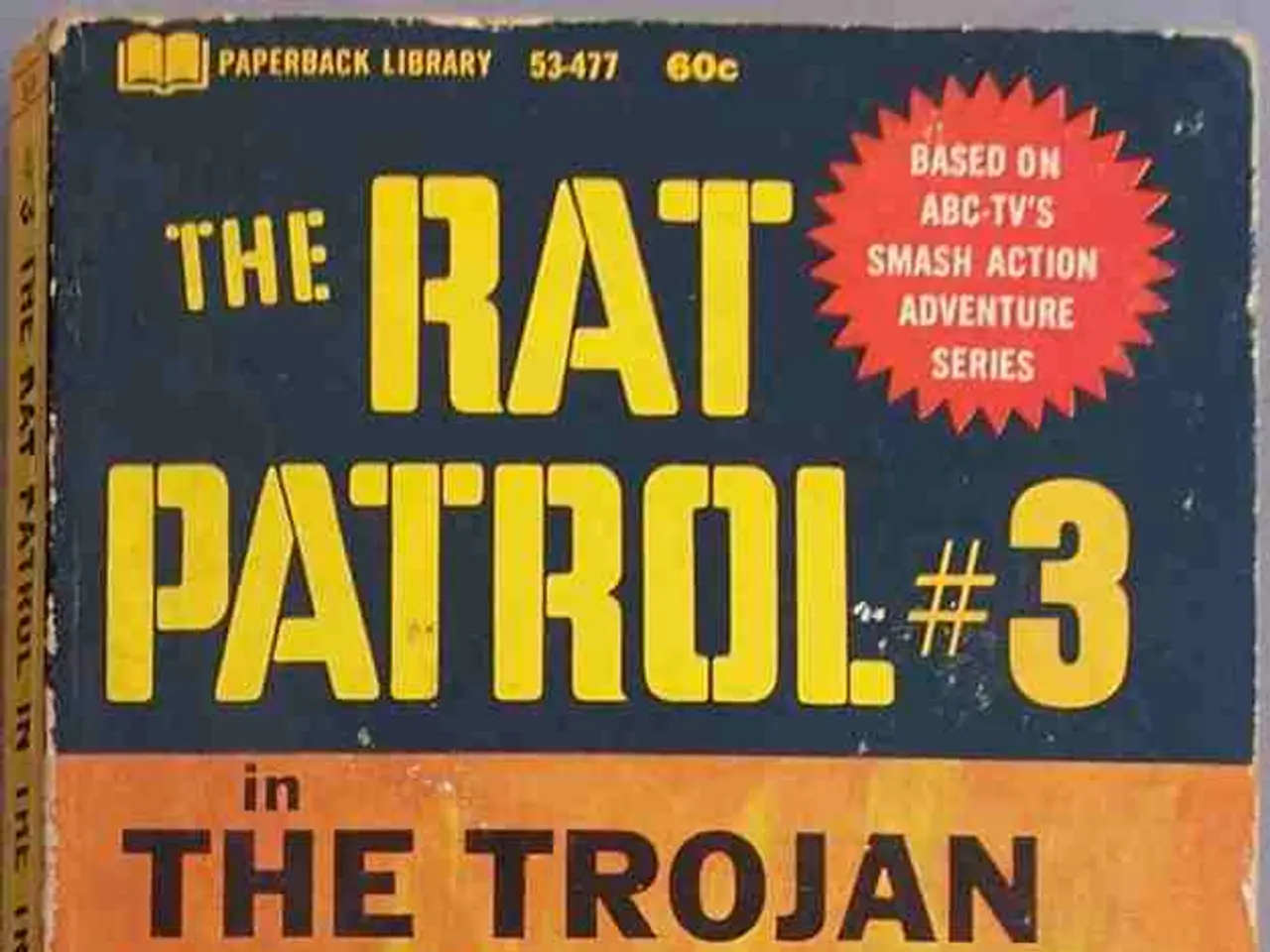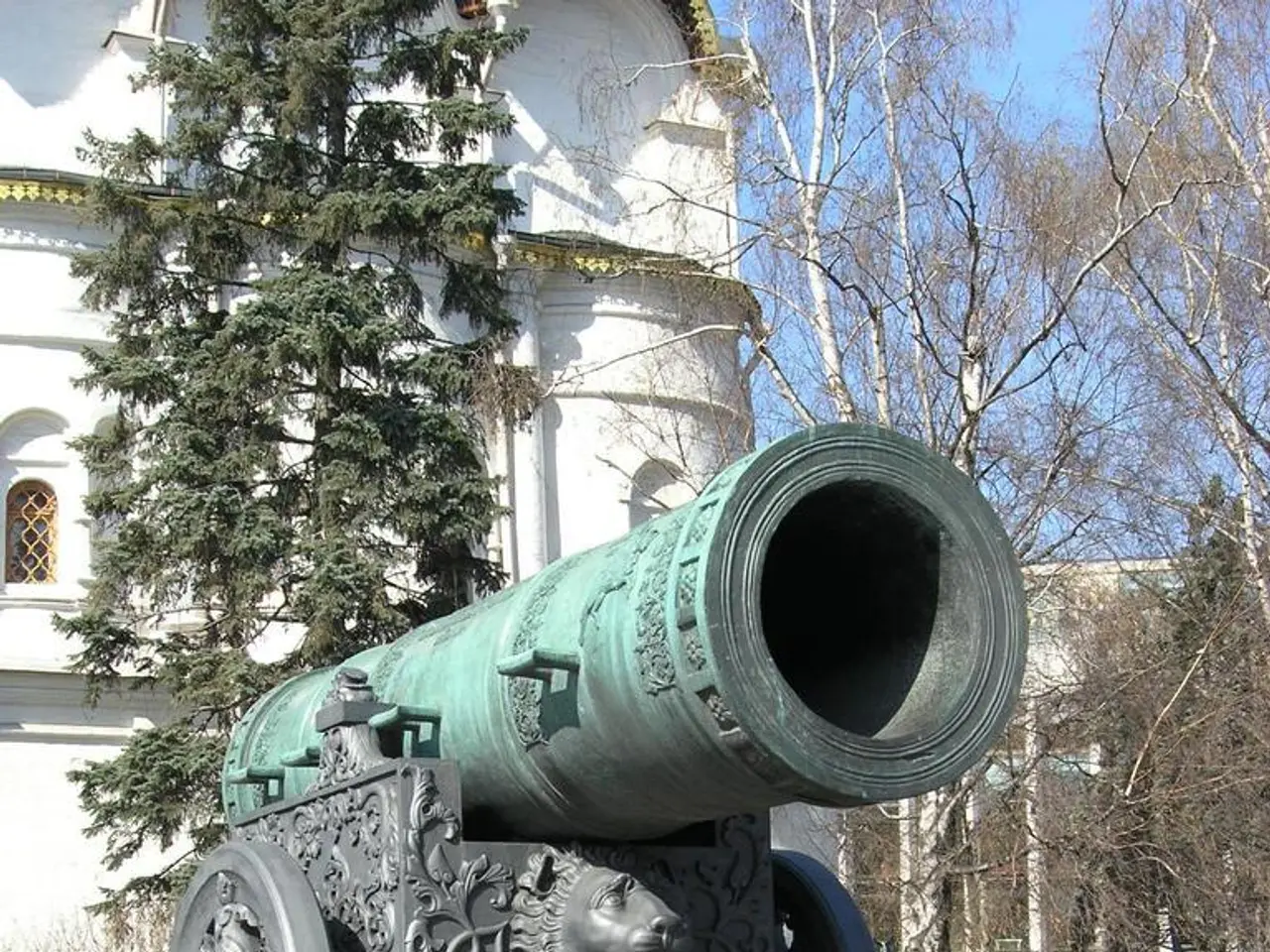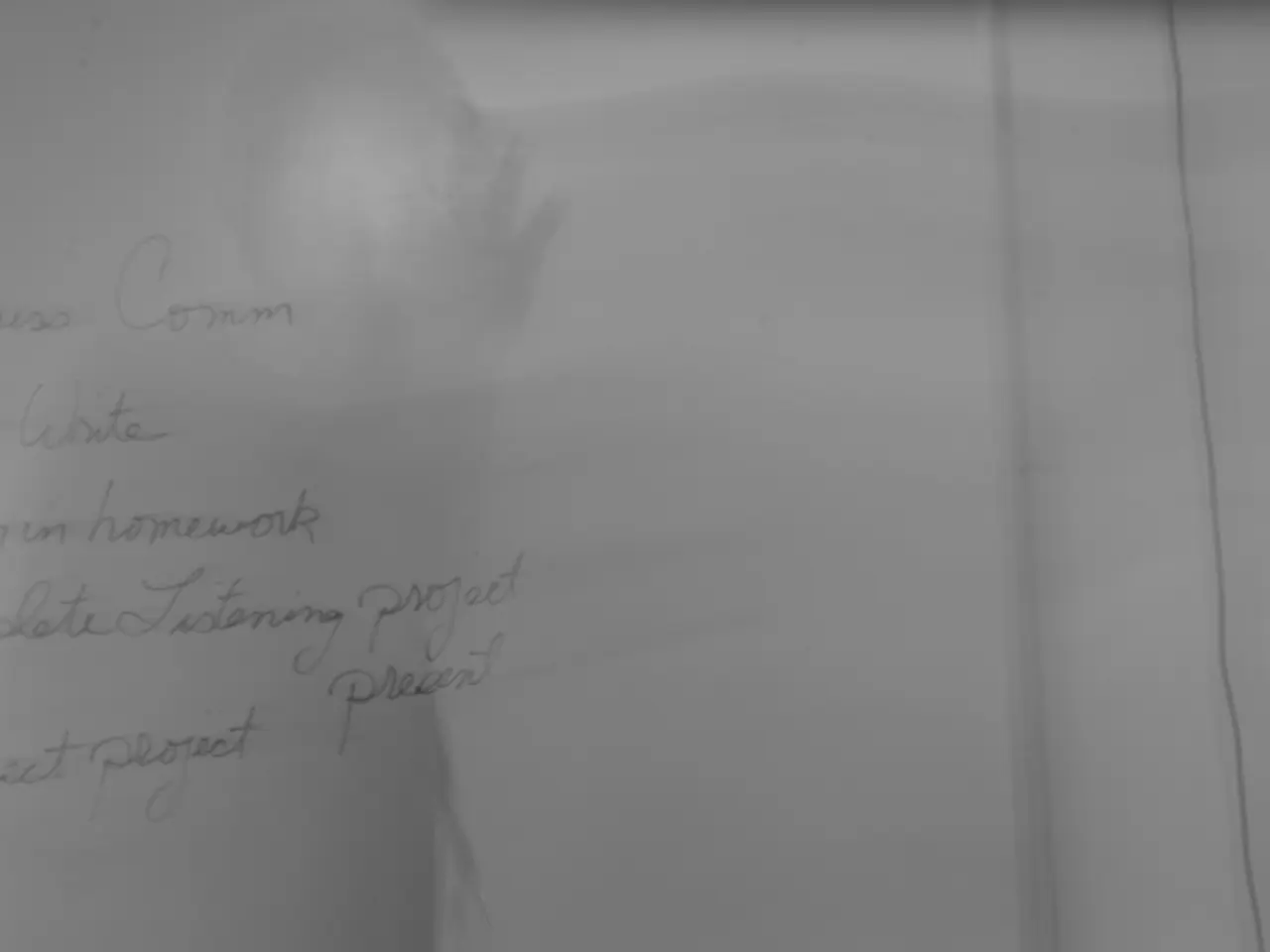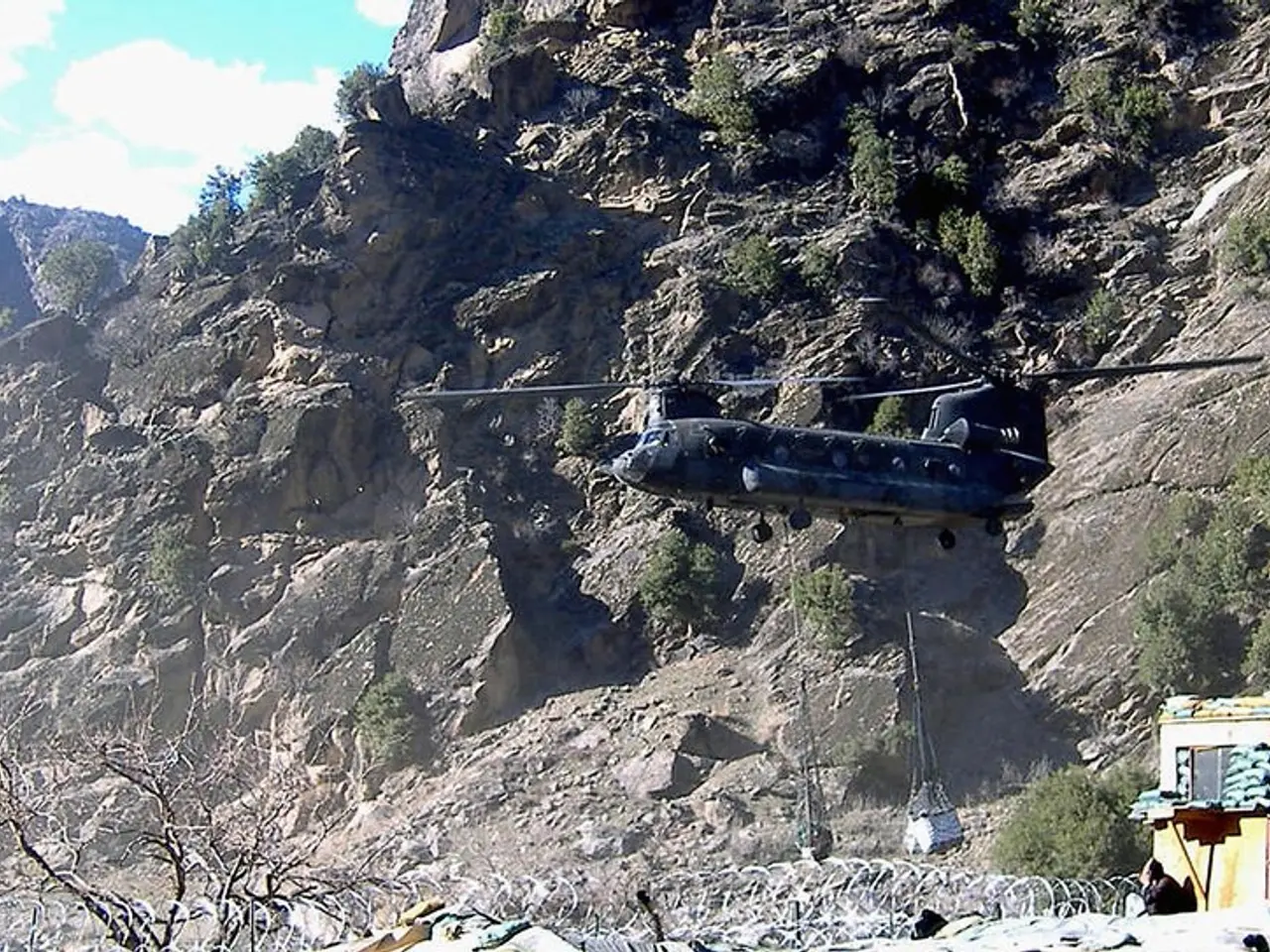Conflict in Gaza continues under the leadership of Benjamin Netanyahu
The ongoing military conflict between Israel and Hamas in Gaza continues, with renewed Israeli offensives targeting Hamas and causing severe humanitarian crises. Since May 2025, Israel has been conducting expanded offensive operations under "Operation Gideon's Chariots," aiming to take full control of the Gaza Strip.
This conflict, which originated with Hamas’s large-scale attack on Israel on October 7, 2023, has been marked by repeated violence, failed ceasefires, and enduring humanitarian suffering. Despite ceasefire attempts, including one mediated by the US, Egypt, and Qatar in January 2025, hostilities resumed in March-May 2025.
The ongoing cycle of conflict has led to over 60,000 Palestinian deaths and massive destruction within Gaza, with humanitarian agencies calling for increased aid access and protection of civilians. Political negotiations for a permanent resolution, including terms for ceasefire, hostages release, Israeli withdrawal, and Gaza reconstruction, remain stalled amid security and governance challenges.
The conflict exemplifies a "forever war," a protracted, cyclical conflict with no clear resolution in sight. Like other "forever wars," it involves entrenched political, ideological, and territorial disputes that perpetuate ongoing military engagements and instability, challenging international efforts to achieve sustainable peace. The persistence of this conflict amid complex regional dynamics—including involvement of Hezbollah, Iran, and other proxies—further illustrates how such wars can become deeply entrenched, costly, and resistant to resolution over long periods.
In recent developments, Israel's Prime Minister, Benjamin Netanyahu, has been leading the military campaign against Hamas. Despite his previous advocacy for swift wars, Netanyahu has now embraced a perpetual conflict in Gaza. On August 7, 2025, Netanyahu convened his war cabinet to approve an expansion of operations in the Gaza Strip, signalling an intention to intensify the military campaign.
However, it is important to note that the military campaign against Hamas has no clear objective or end. The campaign, which includes heavy airstrikes and ground operations, has caused extensive civilian casualties and exacerbated a severe humanitarian crisis marked by famine-like conditions, hunger, and lack of basic necessities due to a tightened Israeli blockade.
References:
[1] Al Jazeera. (2025). Gaza conflict: Israel launches new ground offensive. [online] Available at: https://www.aljazeera.com/news/2025/5/12/gaza-conflict-israel-launches-new-ground-offensive
[2] Middle East Eye. (2025). Gaza crisis: Israel's 'Operation Gideon's Chariots' explained. [online] Available at: https://www.middleeasteye.net/news/gaza-crisis-israels-operation-gideons-chariots-explained
[3] The New York Times. (2025). Gaza Conflict: The Forever War. [online] Available at: https://www.nytimes.com/2025/07/20/opinion/gaza-conflict-forever-war.html
[4] Amnesty International. (2025). Israel/Palestine: Urgent action needed to protect civilians as Gaza crisis deepens. [online] Available at: https://www.amnesty.org/en/latest/news/2025/06/israelpalestine-urgent-action-needed-to-protect-civilians-as-gaza-crisis-deepens/
- The escalating 'war-and-conflicts' between Israel and Hamas in Gaza, such as the one ongoing since May 2025 under "Operation Gideon's Chariots," are deeply intertwined with regional politics and general news, as illustrated by Israel's Prime Minister, Benjamin Netanyahu, intensifying military offensives despite calls for increased aid and protection of civilians.
- The prolonged and cyclical nature of the conflict in Gaza between Israel and Hamas, including recent events like the expanded military operations, exemplifies a "forever war," marked by entrenched political, ideological, and territorial disputes that perpetuate ongoing violence and instability, making sustainable peace challenging.








